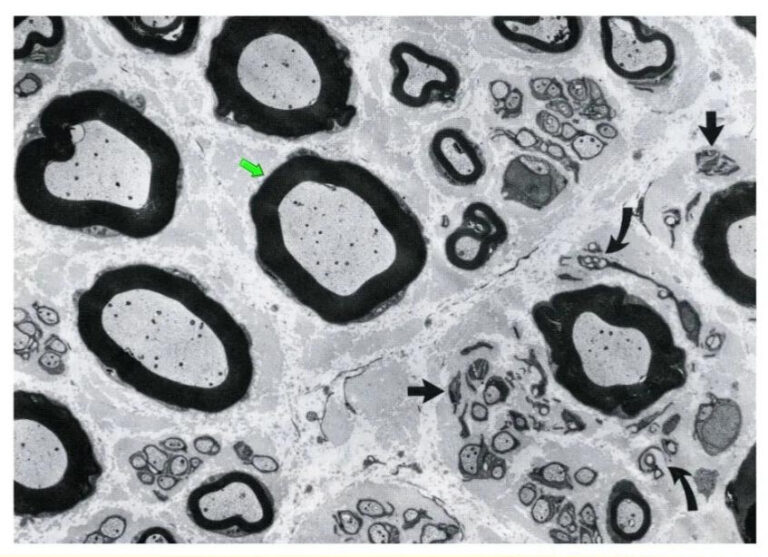- Home
- About Us
- Doctors
- Specialties
- Bariatric Surgery
- Bone Marrow Transplant
- Cancer
- Cardiology
- Cardiovascular And Thoracic Surgery
- Critical Care Medicine
- Dental Surgery
- Dermatology & Cosmetology
- Diabetic Foot Care
- Ear, Nose & Throat
- Endocrinology
- Fetal Medicines
- Gastroenterology
- General Medicine
- General Surgery
- HPB & Gastrointestinal Surgery
- Interventional Radiology
- IVF
- Kidney Transplant
- Laparoscopic Surgery
- Liver Transplant
- Medical And Hemato Oncology
- Neurology
- Neuro & Spine Surgery
- Nephrology And Dialysis
- Nuclear Medicine
- Orthopedic
- Ophthalmology
- Obstetrics And Gynecology
- Pathology Laboratory
- Pediatric
- Peripheral Vascular And Endovascular Surgery
- Physiotherapy and Rehabilitation
- Plastic Reconstruction
- Plastic & Cosmetic Surgery
- Pulmonary Medicine
- Radiation Oncology
- Radiology
- Robotic Surgery
- Surgical Oncology
- Urology
- Facilities
- Patient Area
- Testimonials
- Media
- Contact Us
Peripheral Nerve Disorder
Peripheral Health, Central to Your Well-being
Welcome to the Peripheral Nerve Disorders Center at Universal Hospital, where our expert team of neurologists and specialists is dedicated to diagnosing and managing a wide range of peripheral nerve disorders. We are committed to providing comprehensive care to improve the quality of life for individuals affected by these conditions.
Understanding Peripheral Nerve Disorders
Peripheral nerve disorders involve damage or dysfunction of the peripheral nerves that transmit signals between the central nervous system (brain and spinal cord) and the rest of the body. These disorders can result from various causes, including:
- Trauma or Injury: Physical damage to nerves from accidents or injuries.
- Inflammatory Conditions: Disorders such as Guillain-Barré syndrome and chronic inflammatory demyelinating polyneuropathy (CIDP).
- Diabetes: Peripheral neuropathy is a common complication of diabetes.
- Infections: Viral or bacterial infections affecting the nerves.
- Autoimmune Disorders: Conditions where the immune system mistakenly attacks the nerves.
Comprehensive Diagnosis
Accurate diagnosis is essential for effective treatment. Our Peripheral Nerve Disorders Center employs advanced diagnostic tools, including:
- Electromyography (EMG) and Nerve Conduction Studies: Measures electrical activity in muscles and assesses the function of nerves.
- Imaging Studies: MRI or CT scans to visualize the nerves and identify structural abnormalities.
- Blood Tests: To assess for underlying medical conditions or infections.

Personalized Treatment Plans
Once a diagnosis is established, our specialists work closely with each patient to develop personalized treatment plans. Treatment options may include:
- Medications: To manage pain, reduce inflammation, or address underlying causes.
- Physical Therapy: Exercises and rehabilitation techniques to improve strength, coordination, and mobility.
- Nerve Blocks: Injections to provide pain relief and manage symptoms.
- Surgery: In some cases, surgical intervention may be recommended to repair damaged nerves or address compressive conditions.
Supportive Care and Rehabilitation
Our center places a strong emphasis on supportive care and rehabilitation. Our multidisciplinary team collaborates to address the physical and emotional aspects of living with peripheral nerve disorders. Rehabilitation programs focus on improving functional abilities and enhancing overall well-being.
- Definition: Misalignment between the internal body clock and external cues.
- Types: Delayed Sleep Phase Syndrome, Advanced Sleep Phase Syndrome, Shift Work Disorder.
- Management: Light therapy, gradual schedule adjustments.



